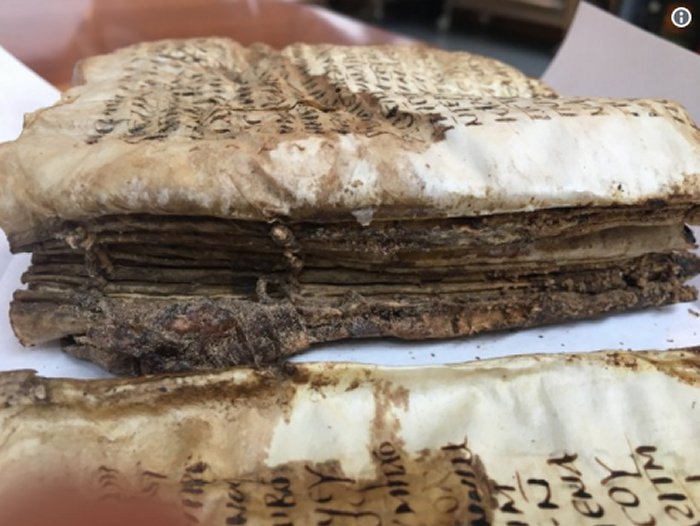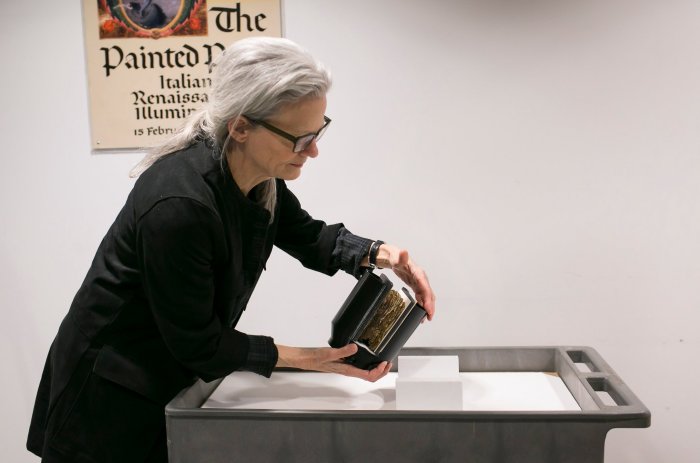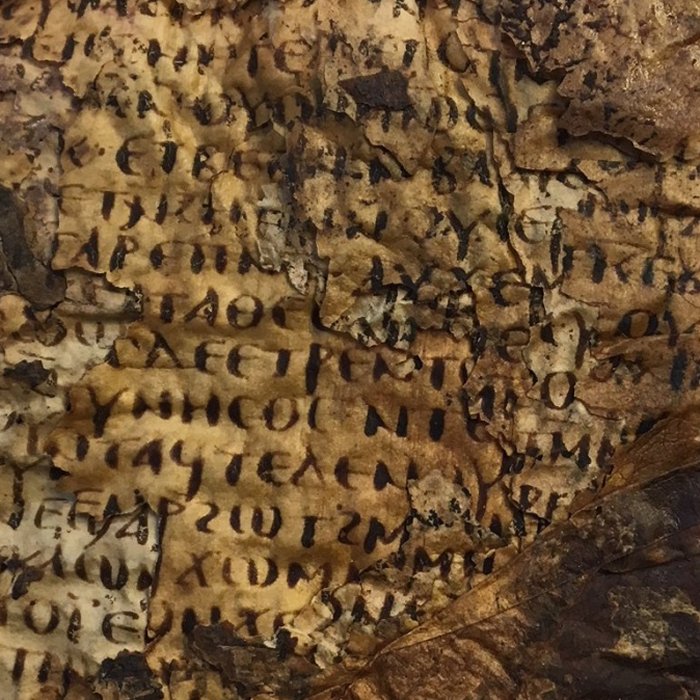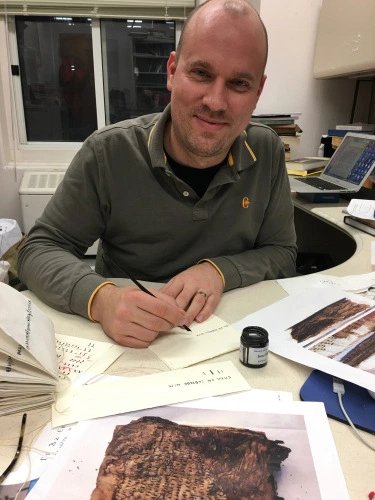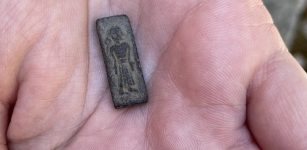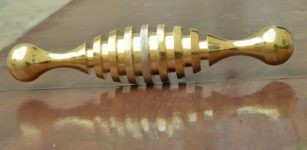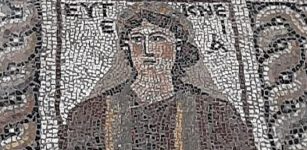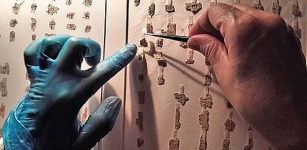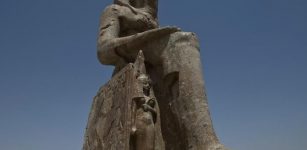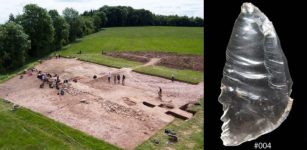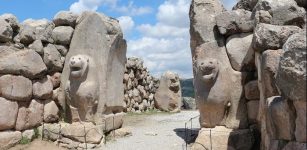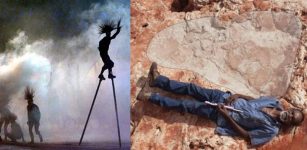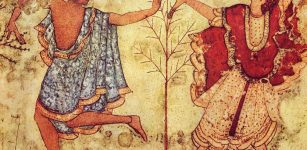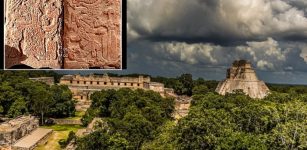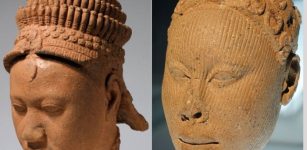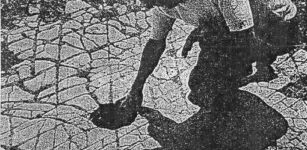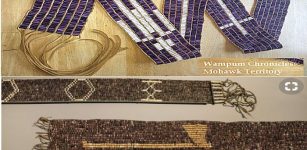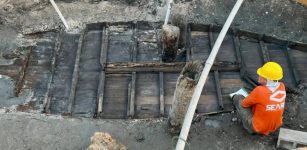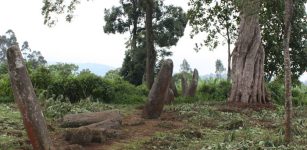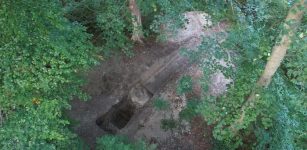Ancient Biblical Manuscript M.910 We Are Afraid To Open May Contain A Surprise
AncientPages.com - Precious ancient manuscript M.910 was originally recorded by Coptic monks in Egypt roughly 1,500 years ago. Today, the badly managed manuscript is kept at the Morgan Library and Museum in Manhattan since the early 1960s.
Credit: Melissa Moreton
The little codex was sealed together by water and fire damage and it is so fragile that no one has opened it for fear of destroying it.
M.910 - a Coptic manuscript from the Pierpont Morgan Library [MS M.910], contains the Acts of the Apostles, written in Sahidic Coptic some time after the fifth century [the Copts are Egyptian Christians].
Maria L. Fredericks, the head book conservator at the Morgan Library, extracted the codex from the CT scanner and returned it to a vault. Credit Nicole Craine for The New York Times.
Until now it has been impossible to examine this fragile, damaged book, but latest scanning technology gives researchers hope the manuscript’s ancient secrets may soon be revealed.
The manuscript M.910 is believed to be the Biblical Book of Acts. Using the same technology that was used to decode the Dead Sea Scrolls, Paul C. Dilley, an expert on early Christianity at the University of Iowa, and W. Brent Seales, a computer scientist at the University of Kentucky are now working hard trying to learn more about what is really hidden in the previously unaccessed manuscript.
Detail of M.910 in Sahidic Coptic - source
Dr. Dilley hopes to discover what work the Book of Acts is paired with in the codex, which may help shed light on the formation of the New Testament canon.
There was a profusion of gospels and other writings in the early Christian era, and it wasn’t until 367 A.D. that the approved canon, the familiar list of books in the Old and New Testament, was specified by Athanasius, the bishop of Alexandria.
M.910 presents a unique challenge. Not only is the manuscript in bad condition, but there’s writing on both sides of the parchment. Most scrolls have writing only on a single side, greatly simplifying the modelling process.
Paul Dilley. Credit: Melissa Moreton
The codex itself is known to contain the Acts of the Apostles, which eventually became the fifth book of the New Testament, narrating the founding of the early Christian church. It likely also contains another text, and it is this text that has Dilley and other scholars of early Christianity curious.
Manuscript M.910 is too fragile to be transported from the Morgan Library which means scans are conducted at the site. It will take some time before we will learn about what the ancient manuscript contains, but once the results of the study are ready, it will be a good read.
AncientPages.com
Expand for references

